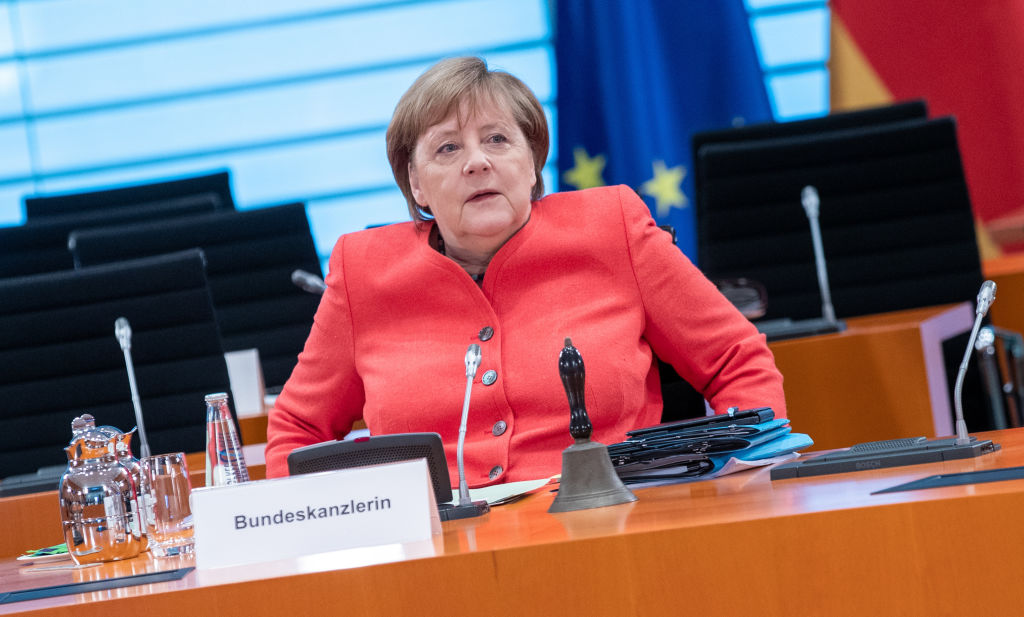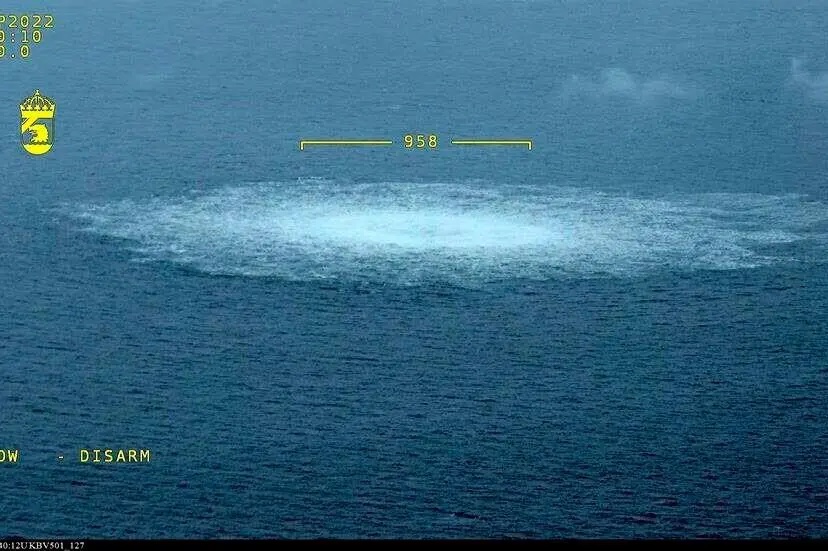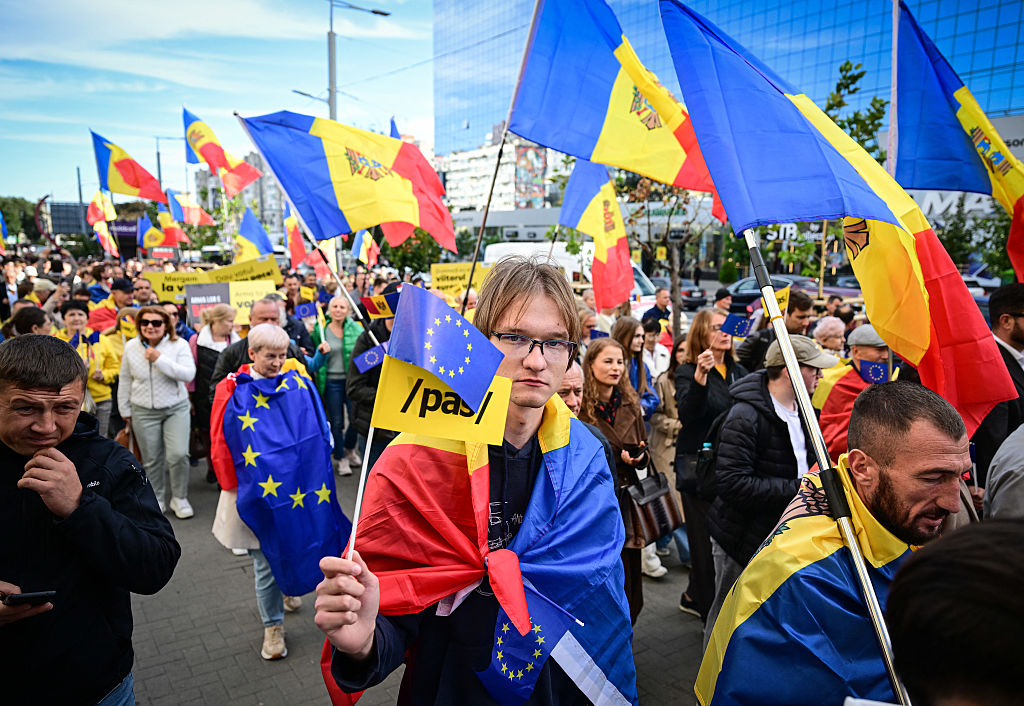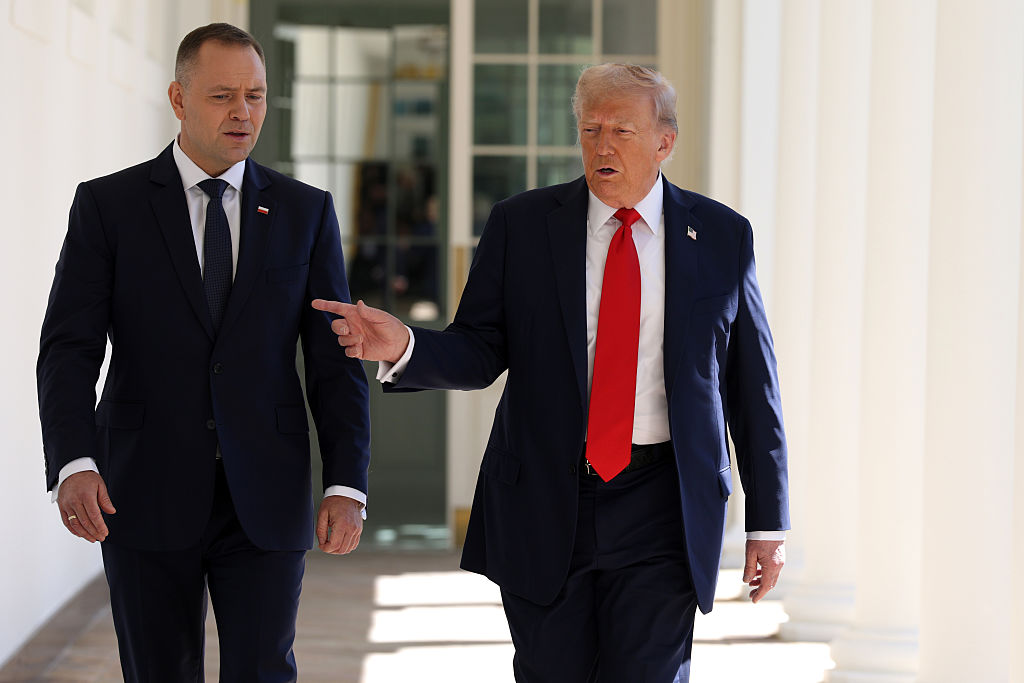Germany’s government had been busy making big plans about all that it wanted to achieve during its EU council presidency which started this week. But then COVID-19 hit, and all these ideas went out the window. Now the talk in Brussels is that Germany’s council presidency has turned into a ‘corona presidency’. But what will this mean for the future of the EU?
Angela Merkel admitted recently that coronavirus has exposed ‘how fragile the European project is’. After the mortal shock of Brexit, the EU tried to show confidence about the future. Brussels tried to punch above its weight, taking on tech giants like Google and Apple. But now the pandemic has transformed the EU from policymaker into big money spender. This means Germany’s council presidency will revolve around two questions: can the EU cushion the economic effects of the crisis? And can the member states agree on the EU budget for the next seven years? The budget for the entirety of that period will be in the ballpark of €1.1 trillion ($1.2 trillion).
For a long time, Merkel vehemently opposed deficit spending on the European level. She was adamant that the EU could only spend the money it receives from the member states and not take out any loans. But once she gave her okay to the economic recovery fund of €500 billion ($562 billion) she gave up on her stance. Why? Because much of that cash will be generated through loans. Yet now the floodgates are open, it will be hard to go back again, as the EU is able to incur debts just like every normal country.
Olaf Scholz, Germany’s federal minister for finance, called Merkel’s decision to allow the deficit her ‘Hamilton moment’, referring to the United States’ first secretary of the treasury, Alexander Hamilton who argued that the implied powers of the US constitution provided the legal authority to fund the national debt and to assume states’ debts. Scholz is among those who want Brussels to have more financial leeway in order to bolster national economies and the single market.
The next step would be to introduce an EU tax, on multinational corporations, for example. Hamilton once funded his debt programs primarily through a tariff on imports and a highly controversial whiskey tax that caused the Whiskey Rebellion in the 1790s, as protesters used violence and intimidation to prevent federal officials from collecting the tax. George Washington himself travelled to suppress the insurgency in western Pennsylvania. While it seems inconceivable that we will experience violent resistance against the plans of the EU, a group of member states is increasingly enraged about the expanding fiscal power of Brussels and the fact that particularly Merkel backs deficit spending. Austria, Sweden, Denmark, and the Netherlands — called the ‘frugal four’ — feel betrayed and demand from Germany that the recovery fund cash given to southern European countries is attached to tough conditions.
[special_offer]
The current conflict reveals a general issue in the EU. Member states interpret the union differently. Germany and others see the EU as a rule-of-law community with strict duties for member states, such as fiscal discipline and concrete boundaries for the competencies of the EU. Meanwhile, France or Italy consider the EU contracts as elastic rulebooks which allow creativity and freedom in regards to the duties of member states and authority of EU institutions. Back when Christine Lagarde was France’s finance minister she argued that for the sake of the greater good member states have to disregard the regulations every once in a while.
But bending the rules can be seen as an attack on the democratic legitimacy of the EU and make it vulnerable to those who want the union gone or at least its power minimized. When the Italian philosopher Giorgio Agamben writes that tight rules are only a sign of ‘Germanic dominance’, then he ignores the fact that following the rules has prevented chaos within the EU in the past 20 years.
Still, Merkel is hardly one to talk. Germany has itself disregarded the rules more than once already in recent years, particularly when it allowed the European Central Bank to become the prudential supervisor of all national banks. Now, Merkel’s government agrees to abandon the prohibition of debt on the EU level to finance the recovery fund. This decision will change the character of the EU, and it will ultimately turn it into a debt union. It’s a big moment in the EU’s history — and one that could ultimately make or break the union.
This article was originally published onThe Spectator’s UK website.

























